Boston University’s rich history is a tapestry woven with threads of academic excellence, social progress, and a commitment to inclusivity.
Established in 1839, the university has stood witness to transformative moments that mirror the evolution of higher education in the United States.
From its founding vision of providing accessible education to all, irrespective of background, to its role in fostering groundbreaking research and producing influential alumni, Boston University’s journey is a testament to its resilience and adaptability.
Over the years, BU has become an integral part of Boston’s cultural landscape, shaping the minds of generations and contributing to societal change.
As we delve into the annals of Boston University history, we uncover a narrative that transcends time, embodying the spirit of innovation, diversity, and academic rigor that defines this esteemed institution.
Boston University History
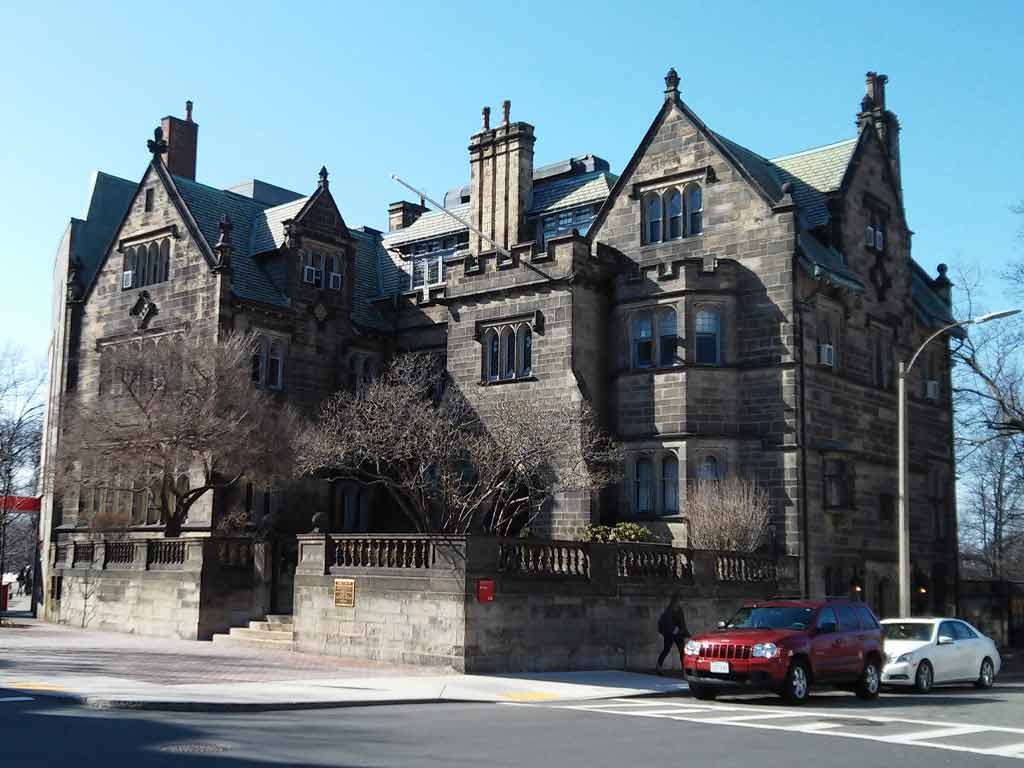
Boston University, established in 1839, holds a rich history that mirrors the growth and evolution of higher education in the United States.
Over the years, the institution has played a pivotal role in shaping minds, fostering innovation, and contributing to various fields.
Here are some historical pieces of evidence that illuminate the remarkable journey of Boston University:
Founding Vision of Inclusivity
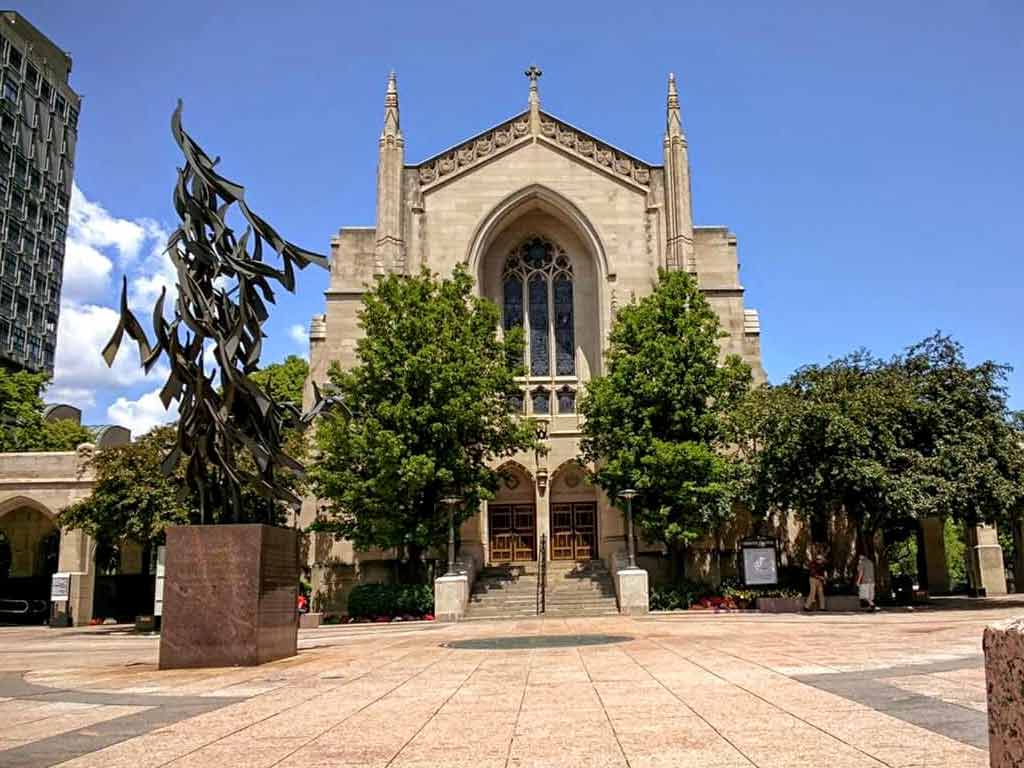
The establishment of Boston University by Methodist ministers was grounded in a visionary commitment to inclusivity and access to education.
Unlike many of its contemporaries, the university welcomed students regardless of their religious beliefs, gender, or race.
This commitment to inclusivity set a precedent for the institution’s progressive values, which continue to influence its character today.
Notable Alumni Contributions
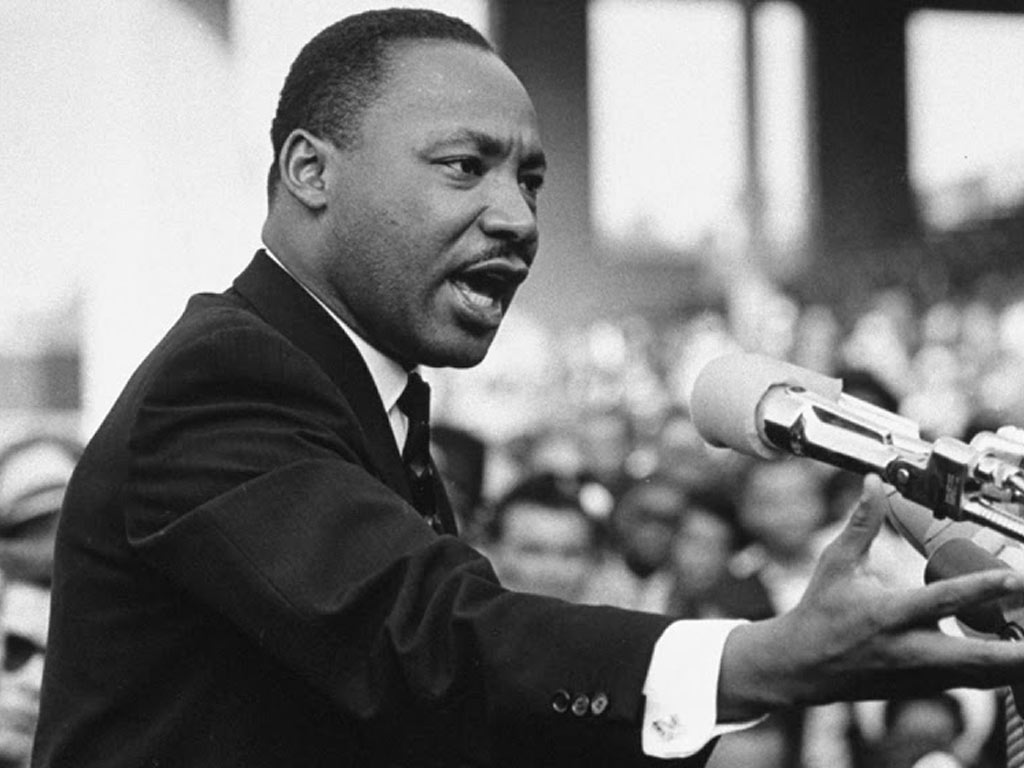
Boston University boasts an impressive roster of alumni who have left an indelible mark on the world. From Dr. Martin Luther King Jr., who earned his Ph.D. in systematic theology, to renowned journalist Barbara Walters, the contributions of BU graduates span various disciplines.
These notable figures exemplify the university’s dedication to producing influential leaders across diverse fields.
Marsh Chapel Incident – A Catalyst for Change
In 1971, the Marsh Chapel at Boston University became the stage for a protest against the Vietnam War. The incident, where students occupied the chapel for several days, highlighted the university’s role as a platform for activism and social change.
This event marked a turning point in the campus’s history, emphasizing the university’s commitment to fostering a socially conscious and engaged student body.
Emergence as a Research Powerhouse
Over the decades, Boston University has emerged as a research powerhouse, making significant contributions to various scientific, medical, and technological fields.
The establishment of cutting-edge research centers and collaborations with leading institutions has propelled BU into the ranks of top research universities.
This transformation underscores the university’s commitment to advancing knowledge and innovation.
Global Reach through Study Abroad Programs
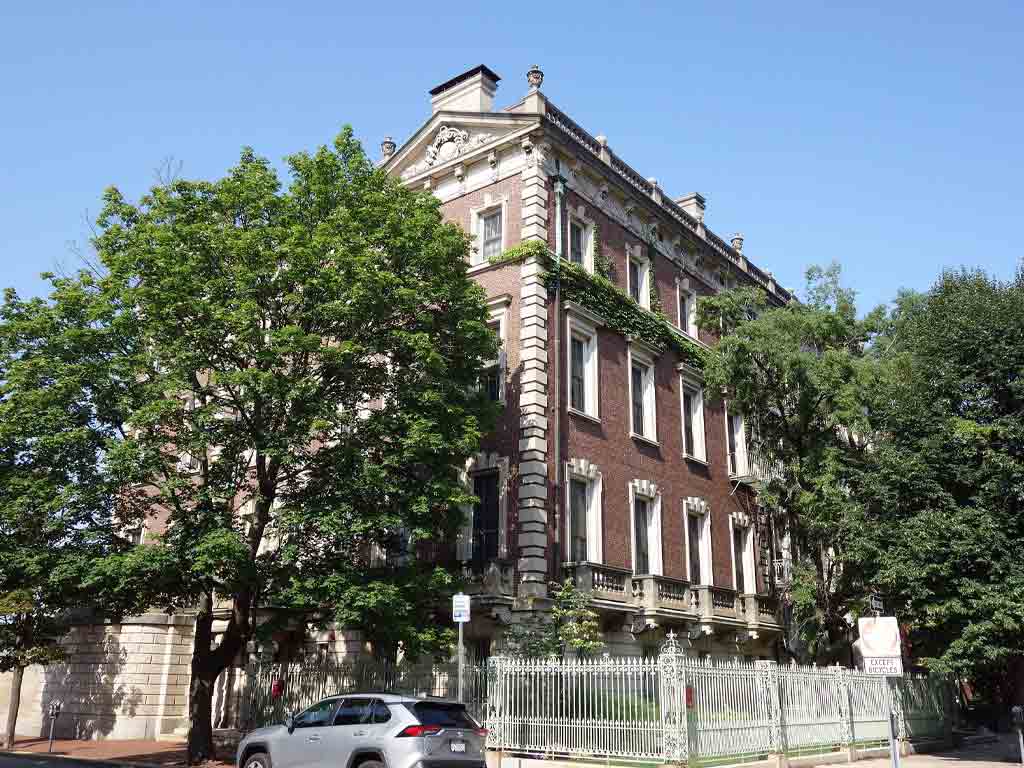
Boston University’s commitment to global education is evident in its extensive study abroad programs.
The university has long recognized the importance of international exposure for students and has established partnerships with institutions worldwide.
This global perspective aligns with BU’s mission to prepare students to thrive in an interconnected and diverse world.
The Boston University Bridge – A Symbol of Connection
The construction of the Boston University Bridge in 1928 physically connected the university’s Charles River and Fenway campuses.
Beyond its practical utility, the bridge has become a symbolic link between the academic and cultural facets of the institution.
Its presence underscores BU’s commitment to fostering a cohesive and interconnected campus environment.
Howard Thurman Center – Nurturing Inclusivity and Diversity
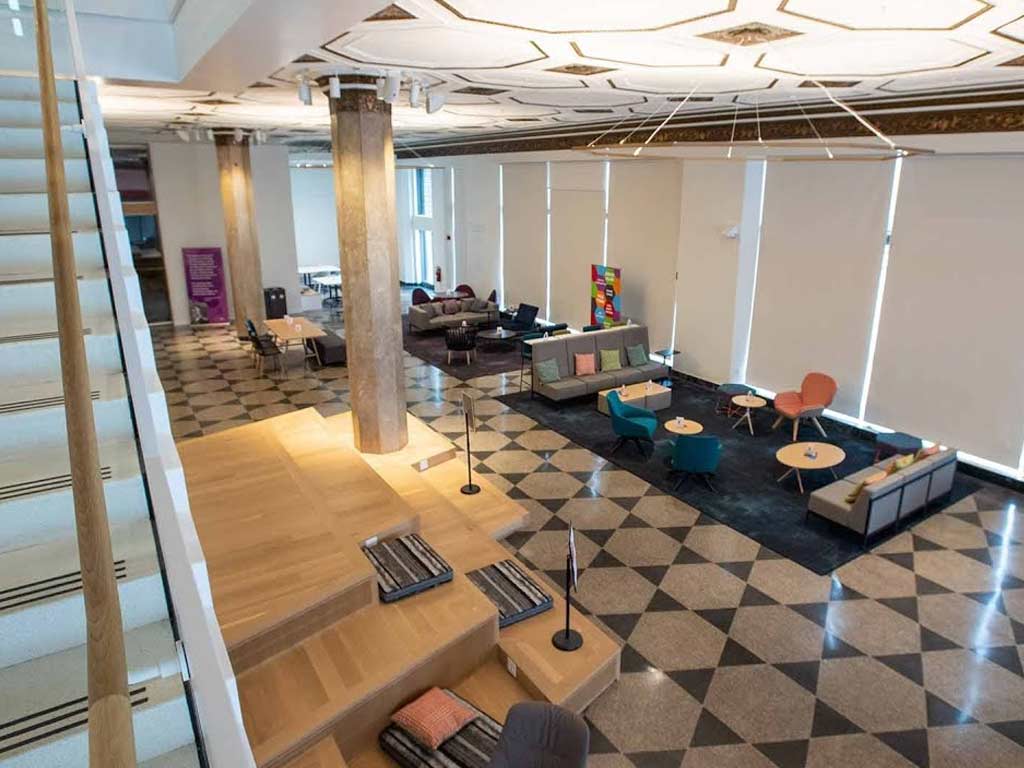
The establishment of the Howard Thurman Center for Common Ground in 1986 reflects Boston University’s dedication to fostering inclusivity and diversity.
Named after the influential theologian and civil rights leader Howard Thurman, the center serves as a hub for dialogue, cultural exchange, and the celebration of diverse perspectives, embodying the university’s commitment to creating a vibrant and inclusive community.
Boston University Medical Campus – Pioneering Healthcare Education
The founding of the Boston University Medical School in 1848 laid the foundation for the university’s significant contributions to healthcare education and research.
The Medical Campus has played a pivotal role in advancing medical knowledge, training healthcare professionals, and addressing public health challenges. This legacy reinforces Boston University’s enduring impact on the healthcare landscape.
Agganis Arena – A Hub for Athletics and Community Events

The opening of the Agganis Arena in 2005 marked a new era for Boston University’s athletic programs and community events. This state-of-the-art facility has not only become a home for Terrier sports but also a venue for concerts, conferences, and cultural events.
The arena’s multifaceted role highlights BU’s commitment to providing a dynamic and versatile campus environment.
Digital Learning Initiatives – Adapting to the Digital Age
Boston University’s proactive embrace of digital learning initiatives demonstrates its commitment to staying at the forefront of educational innovation.
Over the years, the university has invested in online learning platforms, virtual classrooms, and interactive technologies.
This adaptability reflects BU’s dedication to providing a flexible and accessible education that meets the evolving needs of students in the digital age.
The BU Beach as a Social Hub

The transformation of the Charles River Campus into a vibrant social hub, affectionately known as the “BU Beach,” is a testament to the university’s commitment to fostering a sense of community.
Over the years, this open space has witnessed student gatherings, events, and protests, serving as a symbol of BU’s dedication to providing a dynamic and engaging campus environment beyond the classroom.
School of Hospitality Administration – Pioneering Hospitality Education
The establishment of the School of Hospitality Administration in 1981 reflects Boston University’s foresight in recognizing the importance of hospitality as a growing industry.
This school has become a leader in hospitality education, training students for careers in hotel management, tourism, and event planning. Its presence underscores BU’s commitment to offering diverse and specialized academic programs.
BU Today – A Chronicle of Campus Life

The launch of BU Today, the university’s daily news publication, has played a crucial role in documenting campus life and events. Since its inception in 2005, BU Today has been a source of news, features, and insights into the BU community.
This platform not only keeps students and staff informed but also contributes to preserving the institutional memory of Boston University.
The Elie Wiesel Center for Jewish Studies – A Commitment to Cultural Understanding
The establishment of the Elie Wiesel Center for Jewish Studies in 1998 showcases Boston University’s dedication to fostering cultural understanding and academic exploration.
Named after Nobel laureate Elie Wiesel, the center has become a hub for interdisciplinary research, educational programs, and community outreach, promoting a deeper understanding of Jewish history, culture, and religion.
Sustainability Initiatives – A Green Campus Commitment
Boston University’s commitment to sustainability is evident through various initiatives aimed at reducing the university’s environmental footprint.
From the construction of LEED-certified buildings to the implementation of recycling programs and sustainable transportation options, BU’s efforts reflect its dedication to creating an eco-friendly campus and preparing students to address global environmental challenges.
Why Is Boston University So Famous?
Boston University has achieved global recognition for its distinguished contributions to education, research, and societal impact.
Here are some key reasons why Boston University stands out on the world stage:
Academic Excellence Across Disciplines
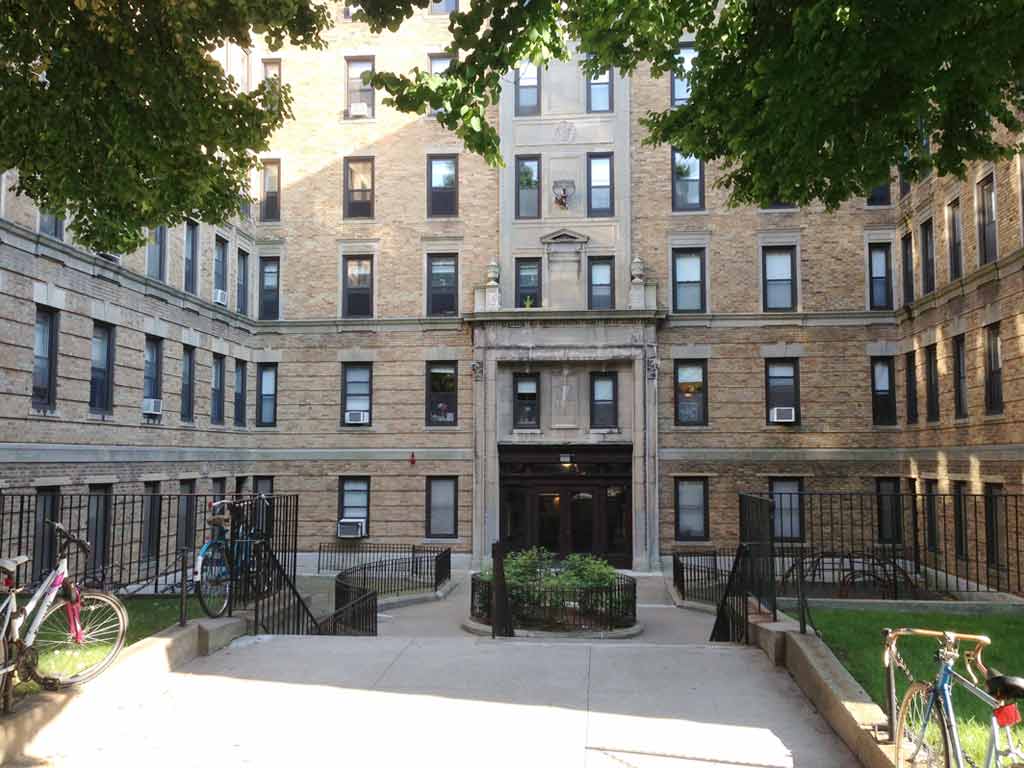
Boston University’s reputation for academic excellence extends across a wide array of disciplines, including the humanities, sciences, business, and the arts.
With world-class faculty, cutting-edge research facilities, and a commitment to innovative teaching methods, BU consistently ranks among the top universities globally.
Its rigorous academic programs prepare students for success in their chosen fields and contribute to BU’s stature as an academic powerhouse.
Notable Alumni Making Global Impact
Boston University takes pride in a stellar roster of alumni who have made significant contributions to various fields.
From civil rights leader Dr. Martin Luther King Jr. to Nobel laureate Elie Wiesel, and from media icon Barbara Walters to the co-founder of Zipcar, Robin Chase, BU graduates have left an indelible mark on society.
The achievements of these influential alumni contribute to BU’s fame as an institution that nurtures leaders and change-makers.
Innovative Research and Cutting-Edge Facilities
BU’s commitment to pioneering research and innovation is evident in its state-of-the-art facilities and groundbreaking projects.
The university consistently ranks among the top research institutions globally, with research centers dedicated to fields such as biomedical engineering, photonics, and cybersecurity.
BU’s emphasis on pushing the boundaries of knowledge enhances its reputation as a hub for groundbreaking research.
Cultural and Global Engagement
Boston University’s emphasis on cultural diversity and global engagement sets it apart as a truly international institution.
With a robust study abroad program, extensive partnerships with global institutions, and a diverse student body, BU provides students with a comprehensive and enriching educational experience.
This commitment to global perspectives contributes to the university’s fame as an inclusive and cosmopolitan learning environment.
Commitment to Social Justice and Activism
BU has a long-standing tradition of social justice and activism, evident in its history of fostering dialogue and engagement on critical societal issues.
From the Marsh Chapel incident in the 1970s to ongoing initiatives promoting diversity and inclusion, Boston University has been a catalyst for positive change.
This commitment to social responsibility enhances BU’s reputation as a socially conscious institution that prepares students to make a positive impact on the world.
Boston University’s fame is rooted in its unwavering commitment to academic excellence, influential alumni, innovative research, global engagement, and dedication to social justice.
These factors collectively contribute to BU’s status as a distinguished and globally recognized institution of higher learning.
FAQs
Who are some notable alumni from Boston University?
Boston University boasts a prestigious list of alumni, including civil rights leader Dr. Martin Luther King Jr., journalist Barbara Walters, Nobel laureate Elie Wiesel, and businesswoman Robin Chase, co-founder of Zipcar.
How has Boston University contributed to social justice movements?
Boston University has a rich history of activism, exemplified by events like the Marsh Chapel protest in the 1970s.
The university continues to foster social justice through inclusive policies, diverse programs, and initiatives that address societal challenges.
What is the significance of the Boston University Bridge?
Constructed in 1928, the Boston University Bridge physically connects the Charles River and Fenway campuses, symbolizing the unity of academic and cultural facets. It serves as a metaphorical bridge connecting different aspects of the university.
How does Boston University engage globally?
Boston University is committed to global education, offering extensive study abroad programs and collaborating with institutions worldwide.
This commitment reflects BU’s dedication to preparing students for success in an interconnected and diverse world.
How has Boston University embraced innovation and technology?
BU has consistently embraced innovation, incorporating cutting-edge technology into education and research.
The university’s status as a technology and innovation hub is evident in its research centers, emphasis on interdisciplinary collaboration, and commitment to staying at the forefront of emerging trends.
Conclusion
In tracing the contours of Boston University’s history, we uncover a narrative that extends far beyond the confines of its academic halls.
From the visionary inclusivity of its founders to the global impact of its alumni, BU’s journey is one of continuous growth and adaptation.
The institution’s commitment to academic excellence, social justice, and global engagement has not only shaped its identity but also positioned it as a beacon in the landscape of higher education.
As Boston University looks towards the future, its storied past serves as a foundation upon which new chapters of innovation, diversity, and societal impact are written.
The history of Boston University is a dynamic saga that resonates with the ideals of progress, inclusivity, and a relentless pursuit of knowledge, leaving an indelible mark on the educational legacy of the United States.
Jaclyn Lowe